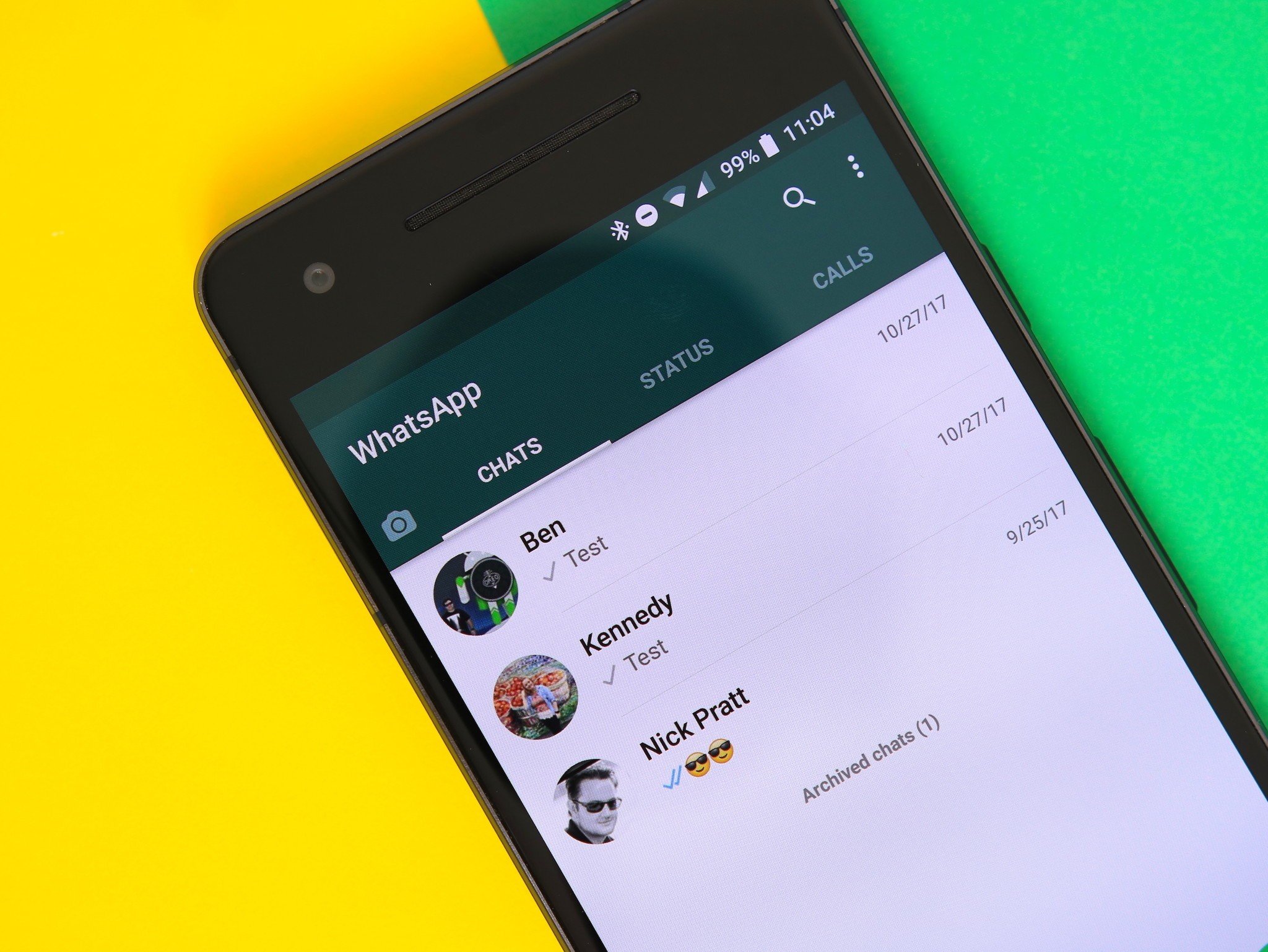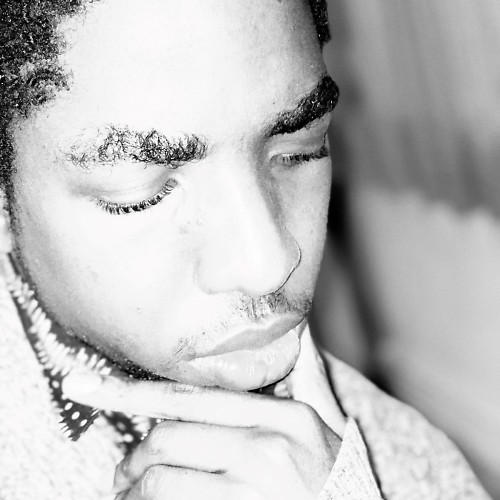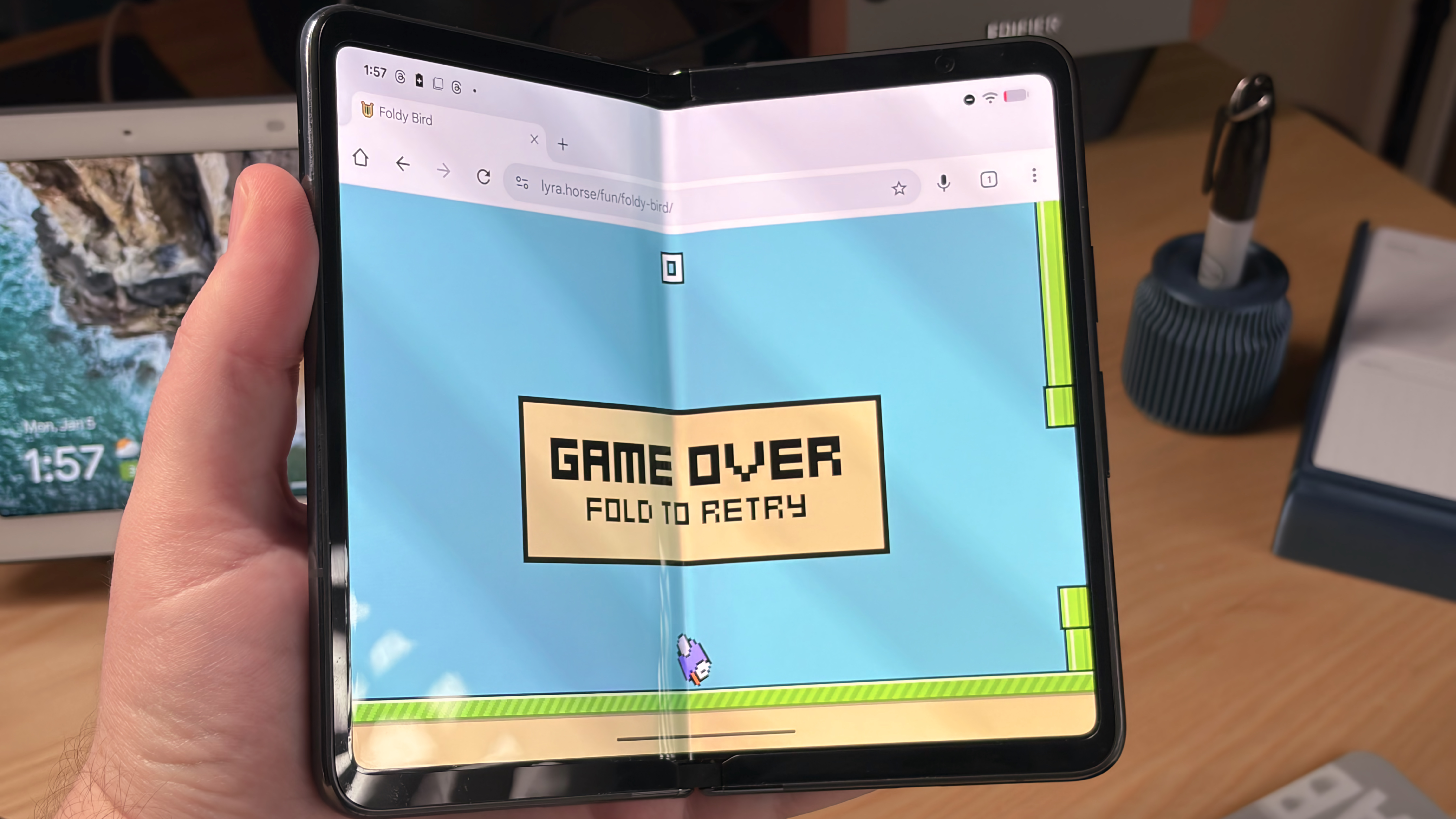The WHO and WhatsApp team up to inform billions about coronavirus

What you need to know
- The WHO is partnering with WhatsApp to make information around the novel coronavirus more easily accessible.
- The Health Alert service is currently available in English, with support for Spanish and Arabic slated for later this week.
- Facebook is working on partnering with nation-specific health ministries, while the WHO is considering extending its service to more messaging apps like Viber.
The World Health Organization and WhatsApp are partnering to create an information service called the WHO Health Alert.
The World Health Organization plans to reach at least 50 million people with a WhatsApp information service that delivers information on demand about the coronavirus and is so successful in South Africa it will be used around the world.The free service, the first of its kind launched globally by the WHO, garnered 10 million users within three days of its March 20 launch. It employs artificial intelligence to offer information on topics ranging from symptoms of the disease and where to get tested to debunking myths about it.
The reason behind the service is simple. The WHO is using WhatsApp in an attempt to democratize health messages and meet the people where they are. More broadly, It's also easier to debunk falsehoods spread on social media when fighting on the same battleground with the same tools like forwards now being more accessible to people seeking information in good faith.
The service may also be extended to other instant messaging, with Viber being named as a potential candidate. At the moment, it is only available in English, with Arabic and Spanish versions coming later in the week. Soon the service is expected to hit over 20 languages.
Aside from the WHO, Facebook says it is working with nation-specific health ministries to provide nation-specific health updates. The company has partnered with ministries in the UK, India, Indonesia, Singapore, Israel, South Africa, and others, sending over 100 million messages in the past week.
Get the latest news from Android Central, your trusted companion in the world of Android

